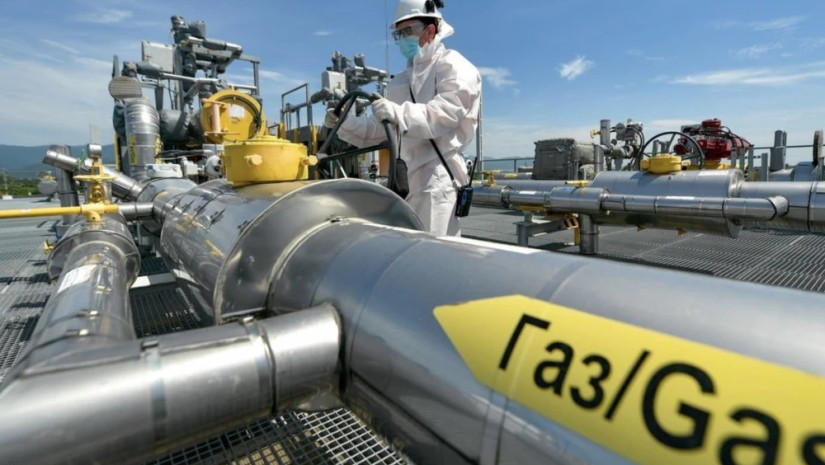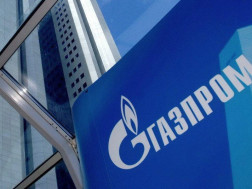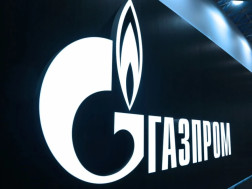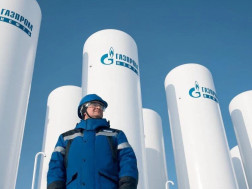Kyiv is unlikely to renew a gas transit deal that allows Russia's Gazprom to export natural gas to the EU using pipelines running across Ukraine, Energy Minister German Galushchenko told POLITICO.
The 2019 transit deals runs until the end of 2024 and allows Gazprom to export more than 40 million cubic meters of gas a year via Ukraine, which earns Kyiv about $7 billion a year.
“I believe, by the winter of 2024, Europe will not need Russian gas at all,” Galushchenko said in a telephone interview. “If now profits from Russian gas pay for Russia’s war of aggression against Ukraine and Gazprom’s private army, the only thing they should pay for in the future shall be reparations.”
He added that the war means "bilateral negotiations are impossible.”
The land route across Ukraine is one of only two pipeline links between Russia and the West. It still accounts for around 5 percent of the bloc's gas imports, but that's only a third of the prewar level.
It's not only Ukraine that's casting doubt on the future of gas transit.
Gazprom chief Alexei Miller warned last week his company will stop exports if Ukraine doesn't drop its efforts to seize Russian state assets to enforce a $5 billion award for the energy infrastructure Moscow illegally expropriated when it annexed Crimea in 2014. Gazprom and Ukraine's Naftogaz are also at loggerheads over a dispute on transit fees.
"If Naftogaz continues such unfair actions, it cannot be ruled out that the Russian Federation will impose sanctions. Then, any relations between Russian companies and Naftogaz will be simply impossible," Miller said, according to the TASS news agency.
Despite the bombs, missiles and drones wreaking havoc on Ukrainian energy infrastructure, the web of pipelines has kept pumping gas to the EU — where it ends up mainly in Austria, Slovakia, Italy and Hungary.
Russian pipeline gas is not subject to sanctions but the European Commission has plans to end the bloc’s reliance on Moscow’s fossil fuels by 2027.
However, there is growing criticism the EU countries still using Russian gas aren't moving fast enough to diversify. Austria's Russian gas imports are back to prewar levels. Hungary gets around 4.5 billion cubic meters a year. In April, its government signed a deal with Gazprom to secure additional volumes.
Kyiv ending the gas deal could cause problems for those countries.
“If Ukrainian transit stops, Gazprom pipeline gas deliveries to EU countries could drop to between 10 and 16 billion cubic meters (45 to 73 percent of current levels)," said a June analysis by Columbia University’s Center on Global Energy Policy. That could leave Europe with a shortfall in 2025 before additional liquefied natural gas capacity from the U.S. and Qatar comes online.
“For Europe as a whole, it’s pretty manageable. But for some countries at the end of the pipeline, Austria, Hungary and so on, the picture is a bit different," said Georg Zachmann, senior fellow at economic think tank Bruegel. "We’d have to see a reshuffle of physical capacities, physical flows. That might come with additional cost for them.”
It would represent a much more permanent potential break with Moscow.
“Keeping the thing alive means there’s maybe a chance in the future to go back to that. But if the flows are stopped there’s a risk it’s going to be completely dismantled, and the privilege these countries had in the past of getting access to cheap Siberian gas is going to be gone forever,” Zachmann said.
Ukraine's long-term goal is to boost its own gas production to meet EU demand, Oleksiy Chernyshov, CEO of Naftogaz, told POLITICO in May.
















